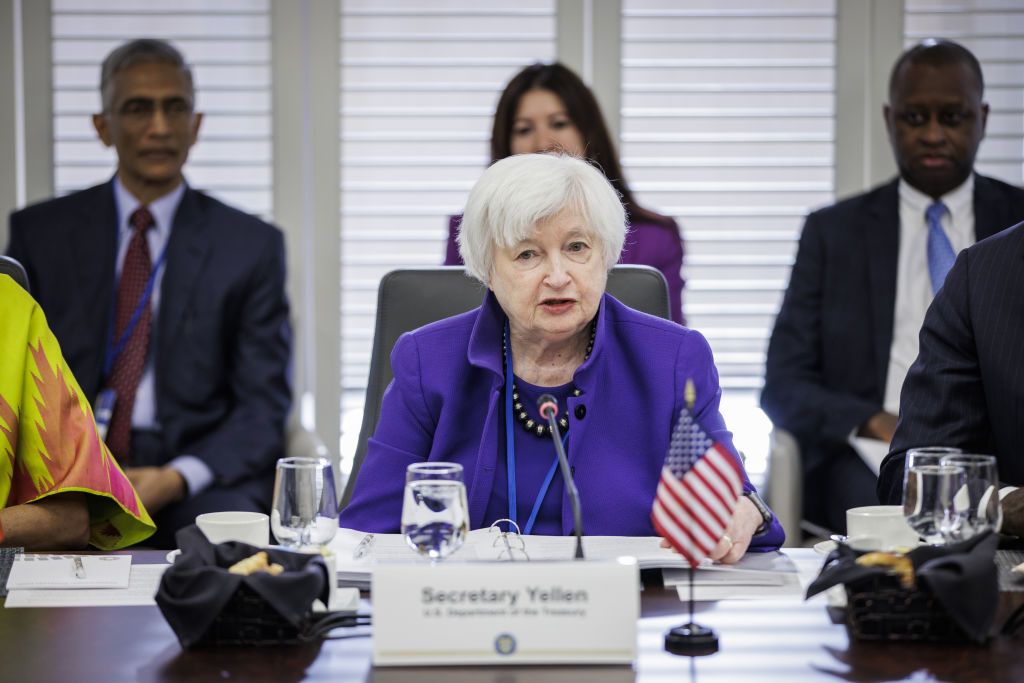US Senate committee backs bill to seize Russian assets to help Ukraine

The U.S. Senate Foreign Relations Committee almost unanimously approved a bill on Jan. 24 that would pave the way for Washington to confiscate Russian assets and hand them over to Ukraine for reconstruction of the country, Reuters reported.
The EU, U.S., Canada, and Japan froze some $300 billion of Russian central bank assets after Russia invaded Ukraine in 2022. Most of this money is kept in the Belgium-based Euroclear central securities depositary, while only around $5 billion is held in U.S. institutions.
The bill "Rebuilding Economic Prosperity and Opportunity (REPO) for Ukrainians Act" was supported 20 to one.
If it were to pass the Senate and House of Representatives and be signed into law by President Joe Biden, the bill would enable Washington's first-ever seizure of central bank assets from a country with which it is not at war.
The White House reportedly backs confiscating Russian assets but seeks to align its position with other Group of Seven (G7) allies, namely the EU, where around two-thirds of Russian frozen assets are held.
Senator Ben Cardin, the Democratic foreign relations committee chairman, told reporters that the bill has broad support from both Democrats and Republicans in the Senate and House, as well as from Biden's administration.
He said he expected that the Democratic-majority Senate and Republican-majority House would be able to resolve the differences between this bill and a similar one passed in the House.
The potential confiscation should be discussed during a G7 meeting in February.
The decision to confiscate frozen Russian assets must be taken collectively and is unlikely to happen quickly, U.S. Special Representative for Economic Recovery in Ukraine Penny Pritzker said during the World Economic Forum on Jan. 15.
Senior European Union officials said this week that the bloc was unlikely to confiscate Russian central bank assets frozen in Europe, according to Reuters.
Instead, the EU has been discussing ways of providing Ukraine with a windfall tax on profits generated by the frozen assets. In October, Belgium announced it would create a $1.8 billion fund for Ukraine, financed by the tax revenue from interest on frozen Russian assets.
Moscow has pledged to respond to the potential seizure by confiscating Western assets in Russia, which reportedly amount to $288 billion.
The World Bank assessed early in 2023 that the total cost of Ukraine's reconstruction would amount to $411 billion. Ukrainian Foreign Minister Dmytro Kuleba commented in January that the total amount of Russian assets could cover over 80% of recovery costs.













